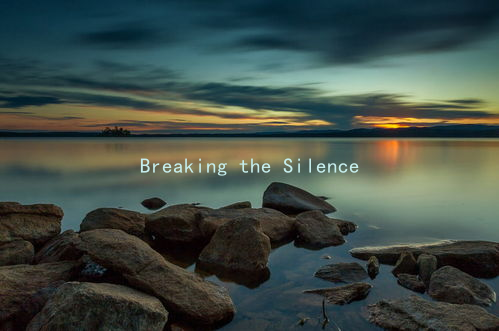Emotional Detachment in Dating: Signs, Symptoms, and How to Address Them
Emotional Detachment in Dating: Signs, Symptoms, and How to Address Them
In the realm of dating and relationships, emotional detachment can pose significant challenges. It often manifests as an obstacle to intimacy and connection, leaving both partners feeling unfulfilled. Understanding the signs and symptoms of emotional detachment, as well as knowing how to effectively address them, is essential for fostering healthier relationships.
Signs of Emotional Detachment
1. Lack of Communication: One of the most noticeable signs of emotional detachment is a significant decline in communication. Partners may avoid discussing feelings, future plans, or any topic that requires vulnerability.
2. Avoidance of Commitment: If one partner consistently shies away from discussions about commitment, it could indicate emotional detachment. They may prefer keeping things casual and avoid labels that denote an emotional investment.
3. Limited Emotional Expression: Emotional detachment often leads to a noticeable lack of emotional expression. If one partner exhibits indifference or appears emotionally unavailable during important moments, it can signal deeper issues.
4. Inconsistent Behavior: If a partner frequently fluctuates between being affectionate and distant, this inconsistency can contribute to emotional turmoil. It may leave the other person feeling insecure and confused.
5. Disinterest in Conflict Resolution: Emotional detachment can result in a lack of interest in resolving conflicts. Rather than engaging in discussions to find common ground, a detached partner might choose to withdraw entirely.
Symptoms of Emotional Detachment
1. Feeling Overwhelmed or Anxious: A partner’s emotional detachment can create feelings of anxiety or overwhelm in the other person. The uncertainty and unpredictability may lead to an emotional rollercoaster.

2. Loss of Interest: Both partners may experience a decline in interest in the relationship. Activities that once brought joy may feel burdensome when one partner is emotionally unavailable.
3. Increased Resentment: Constant one-sided emotional investments can lead to feelings of resentment. The partner who seeks deeper connection may feel neglected while the detached partner remains oblivious.
4. Difficulty in Expressing Love: Emotional detachment often leads to a struggle with expressing or receiving love. The partner may feel unworthy of love or be unsure of how to reciprocate affection.
How to Address Emotional Detachment
1. Open Communication: Engaging in open and honest conversations is crucial. Both partners should feel comfortable expressing their feelings and concerns. This can help clarify misunderstandings and reveal underlying issues.
2. Setting Boundaries: Establishing healthy boundaries can provide both partners with a sense of security. Discussing expectations can help create a framework within which both partners feel valued and understood.
3. Encouraging Vulnerability: Creating a safe space for vulnerability can help mitigate emotional detachment. Encouraging one another to share fears, desires, and feelings fosters a connection that can bridge emotional gaps.
4. Seeking Professional Help: If emotional detachment persists, it may be beneficial to seek help from a therapist or counselor. Professional guidance can provide tools and strategies to address deep-rooted issues effectively.
5. Practicing Patience: Change takes time, and it’s important to be patient with each other as you navigate the complexities of emotional detachment. Supporting one another throughout the process is vital for rebuilding intimacy.
In conclusion, emotional detachment in dating can complicate relationships and lead to significant dissatisfaction. Recognizing the signs and symptoms is the first step toward effective resolution. With open communication, mutual vulnerability, and possibly professional guidance, partners can work towards a deeper emotional connection and a more fulfilling relationship.





